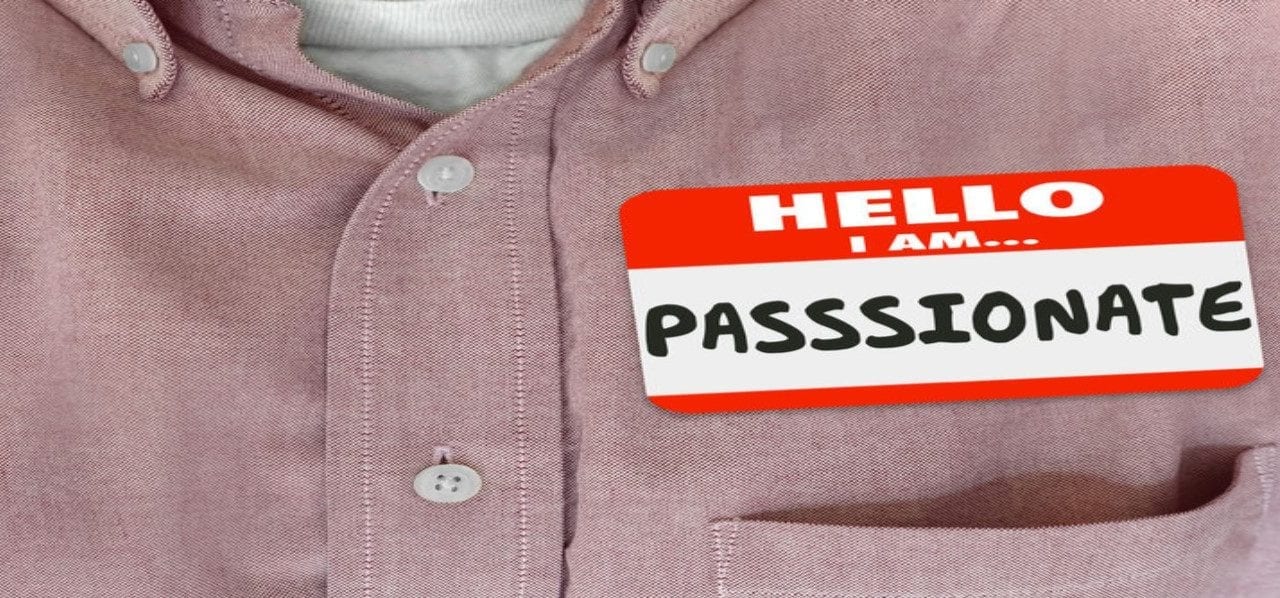There is no doubt employee engagement is key in our industry.
By Jacquelyn Kung
There is no doubt employee engagement is key in our industry. We hear stories of employees moving mountains to delight a resident. We hear of employees who bend over backward to take care of each other.
But in employee engagement: how do we know of a great opportunity when we don’t know?
Which generation is the most engaged?
The answer is surprising. Please pick from the following generations, all of whom show up in our national surveys of senior living employees in a statistically significant way:
-
Silent Generation – Born before 1946
-
Baby Boomers – Born between 1946-1964
-
Gen X – Born between 1965-1980
-
Millennial (Gen Y) – Born between 1981-1998
-
Gen Z – Born after 1998
We have been asking this question to executive teams and HR groups in our industry. Many people assume it’s Baby Boomers. After all, as a generalization, Boomers show up, work hard, and tend to want stability. Others who are tongue in cheek guess often-bashed Millennials as a counter-intuitive answer.
The answer is actually . . . Generation Z! Can you believe it? Those who are ages 17 to 20 – students or wanna-be students working in our communities. They are usually working in dining services as part-time servers.
They are off the charts engaged!
Why is this?
Like Millennials, Generation Z wants purpose and mission in their work. But like older employees, Generation Z wants stability. After all, this is the generation that has grown up watching the Great Recession at work and scooting for cover in Active Shooter drills at school.
And what is our industry doing about Generation Z, these teenagers who are starting their working careers with us? Not much. But there is so much to do to keep them in our fold!
Here is what we’re doing wrong:
-
No or little career pathing. When you were 18 years old, did you have a clue what you wanted to do? These kids do not either. When given a career path, they will latch onto it. The most innovative senior living companies have created career paths from dining services to other areas, such as nursing or accounting; but this is not a norm in our sector.
-
Staid job titles. Our job titles, carried over from the past OR created by older managers, still reflect OLD SCHOOL ways. The job website Indeed.com has found that the most progressive companies recruit by UPDATING their titles to what younger generations want. For instance, housekeepers at hip W Hotels are called “Directors of Style.” Whoa. Seriously. How up-to-date does that sound?
What do you think?





